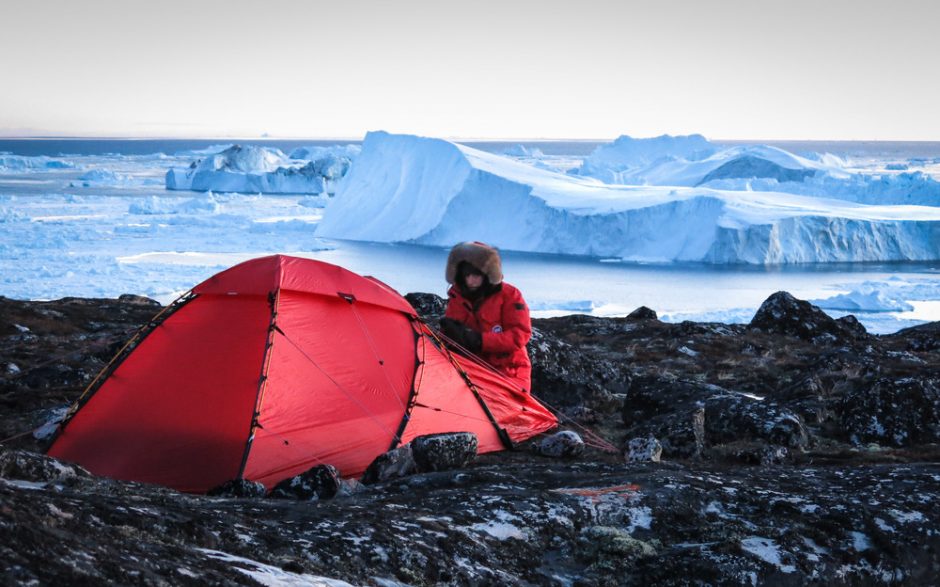IRES Seminar Series
Time: 12:30pm to 1:30pm (every Thursday)
Location: AERL Theatre (room 120), 2202 Main Mall
*********************************************************************************
***This seminar was not recorded***
Environmental Violence as Colonial Violence: Embodied Geographies of Indigenous Consciousness & Resistance
Abstract:
In this presentation, I draw on Mushkegowuk (Cree) conceptualizations of environmental violence as state-sanctioned violence against Indigenous peoples in Canada. I situate my discussion in mining developments on Mushkegowuk lands-waters-bodies in Treaty 9 in northern Ontario, Canada. I am specifically interested in expanding on narrow land-based orientations of environmental violence to center the lived experiences of Indigenous peoples. In doing this, I trace the violent impacts of extraction in rural areas to state violence against Indigenous peoples in urban centers, such as in the city of Thunder Bay Ontario. I end by discussing Mushkegowuk responses to environmental violence that move beyond legal and diplomatic negotiations and policy change with the state.
Dr. Michelle Daigle

Assistant Professor, UBC Department of Geography
Bio:
Michelle Daigle is Mushkegowuk (Cree), a member of Constance Lake First Nation in Treaty 9 in northern Ontario Canada, and of French ancestry. She is an assistant professor in the Department of Geography at the University of British Columbia, located on the unceded and ancestral territories of the Musqueam nation. She is interested in bringing Geography into critical dialogue with Indigenous Studies to examine colonial capitalist dispossession and violence, as well as Indigenous movements and everyday practices of resistance, resurgence and self-determination. Her current research examines the embodied impacts of state-sanctioned environmental violence reproduced through mining extraction in Treaty 9.

Photo Credit: Graham McDowell, IRES PhD Candidate